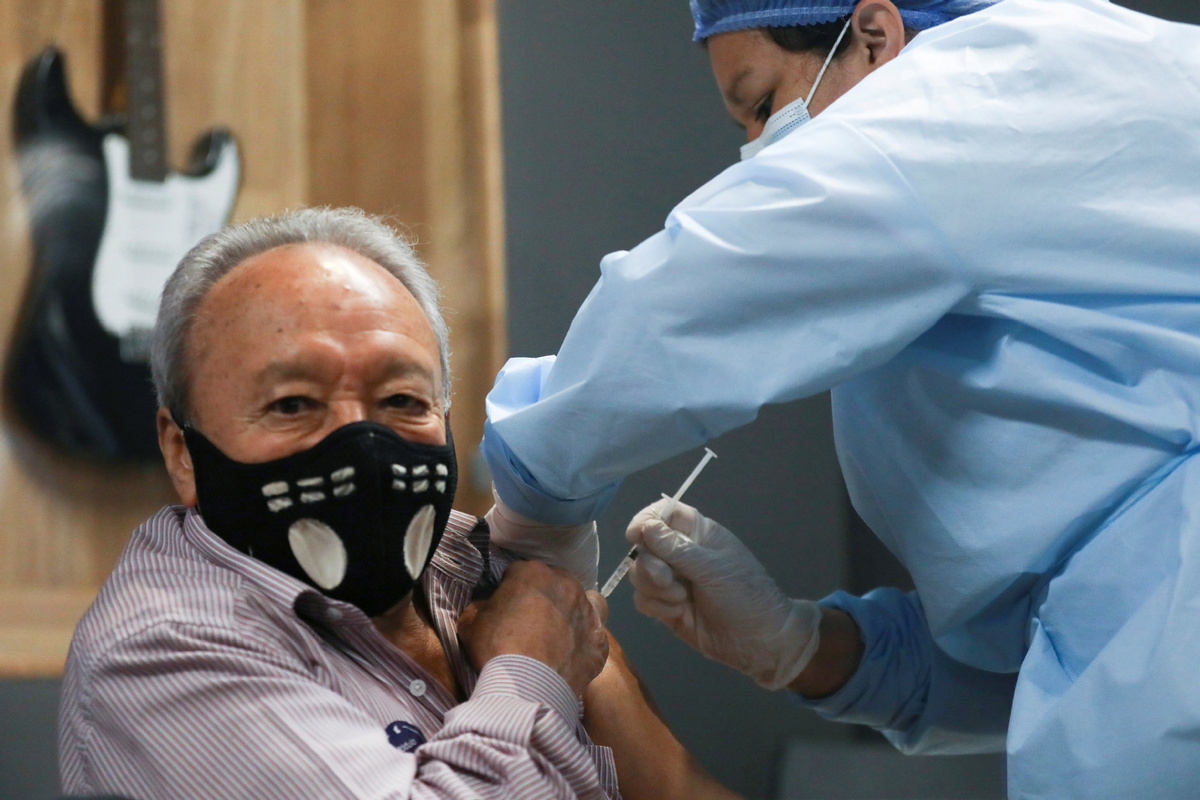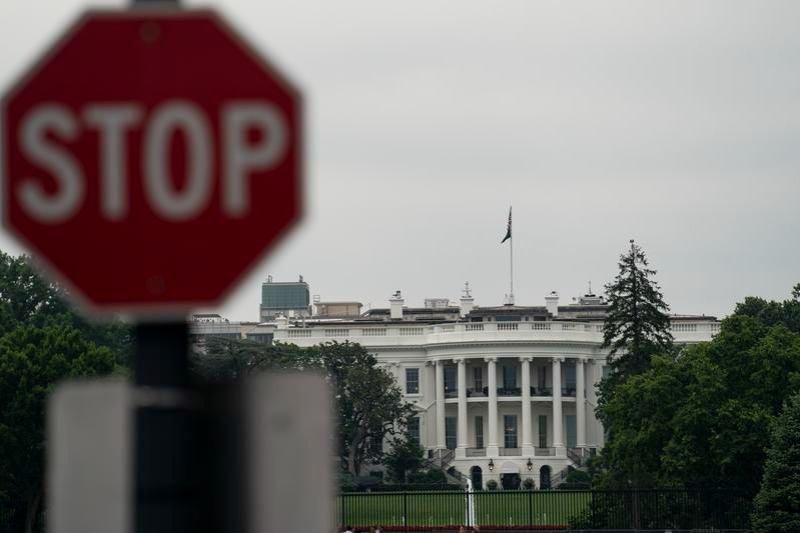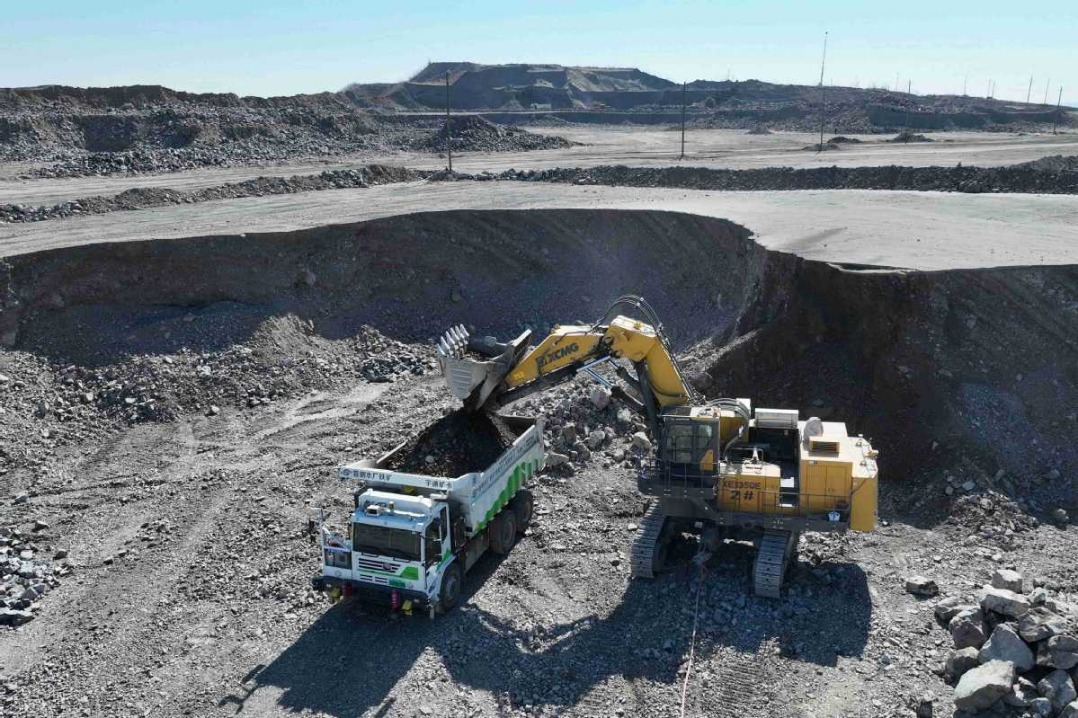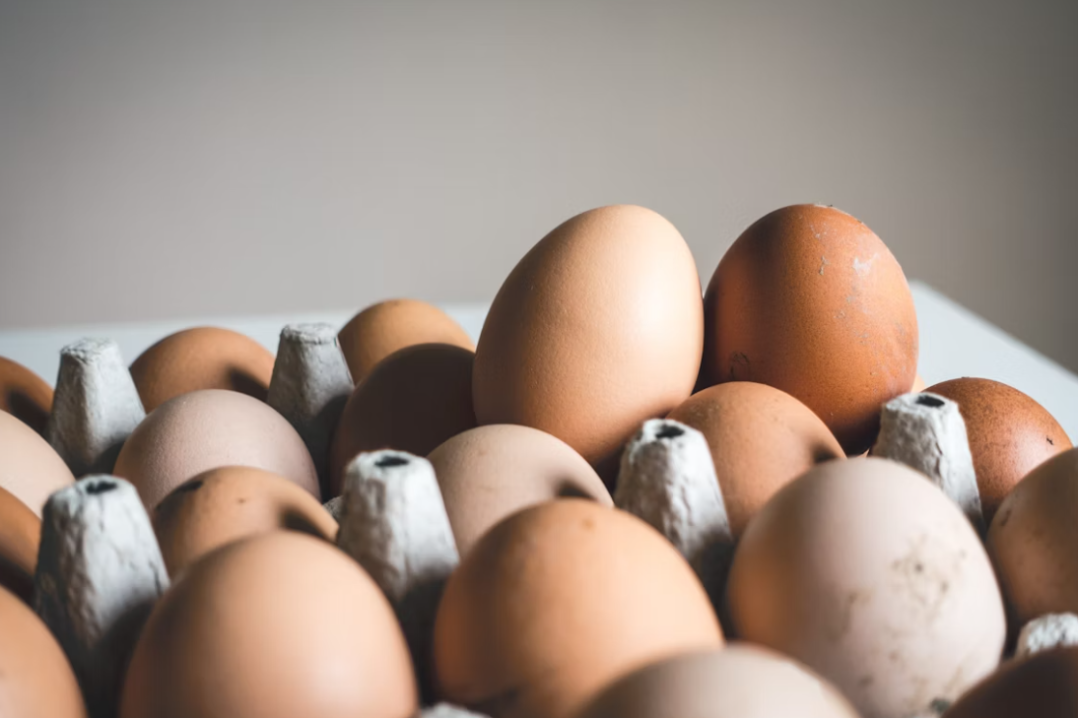Colombia and Chile find mettle of Chinese vaccines in fighting pandemic


The Amazon jungle as well as Chile are reporting promising results of vaccination with Chinese help, according to experts.
"The CoronaVac biologic is a very good vaccine. The World Health Organization studies, as well as those of Chile have shown a very good effectiveness of the vaccines that are being used in Colombia," Luis Jorge Hernandez, a member of the Covida project in Colombia from Bogota, said.
Between June 23 and July 31, just three people died from the novel coronavirus in the Colombian region of the Amazon, where 253 have died since the pandemic started.
"The figures show a notable decrease in mortality cases," Hernandez said.
The Covida project, from Los Andes University in Bogota, is an initiative aimed at tracking the virus.
The vaccine of Sinovac Biotech has been a key asset for Colombia in its fight against the pandemic. In February, Colombia's health ministry deployed several batches of the vaccine in the Amazon region to prevent the P.1 strain that was spreading out of neighboring Brazil, where it was first detected.
"The Amazon rainforest was witness to this COVID-19 tragedy and we endured very hard days. An epidemiological wall was requested from the government and we achieved an immediate vaccination in the main towns, which has given excellent results," Yenica Acosta, a member of the lower house of Colombia's parliament, said.
An epidemiological wall built with the vaccine is now showing its mid-term results with a notable decrease in deaths, in new COVID-19 cases and in the number of patients admitted to ICUs.
Throughout July, just 223 new cases were reported in Colombia's Amazon region and there were no patients at ICUs as of Aug 4.
"Vaccination has been one of the key strategies to reduce mortality due to the virus. That, in addition to the measures taken by our own indigenous tribes, as well as the isolation, was key to prevent indigenous tribes from being seriously affected by the virus," Acosta said, speaking from the town of Leticia in the Amazon region.
As of Aug 4, almost 68,000 doses of COVID-19 vaccines were administered in the Colombian Amazon and most of those were CoronaVac, which is easier to distribute in the remote region because storage requirements are less demanding than those of most vaccines manufactured by Western companies. The Chinese vaccines can be stored and transported at temperatures between 2 and 8 Celsius degrees.
"A short time ago, we started vaccination in far rural areas located far away from Leticia and Puerto Nari?o, the second largest town in the region. Day by day people have become more enthusiastic about the vaccination campaign and we've managed to have a great percentage of the population vaccinated," said Acosta, who expects the campaign to reach 100 percent of the target population soon.
CoronaVac, the vaccine produced by Sinovac Biotech, has been popular in much of Latin America. A plant to fill and finish vaccines will be built in Santiago, capital of Chile, and construction should start in the first quarter of next year.
Hernandez added that all vaccines being used around the world are being administered under emergency licenses, "but they have proven internationally to be effective and safe."
Chile has fully vaccinated more than half of its population of about 19 million people. It is estimated that more than 24 million doses of vaccines have been administered in the country.
Sebastian Ugarte, director of the Critical Care Medicine Program at Andres Bello University in Santiago, said the vaccination campaign in Chile has helped lower admissions to ICUs at a rate of 20 percent per week. By this measure, it has been a success.
"We have reached a positivity rate of less than 1.8 percent in COVID-19 tests conducted," Ugarte said.
As for different strains of the coronavirus, like the Delta variant that is now causing surges in new cases around the world, Ugarte in Chile said that no decision has yet been made on whether a third dose will be required.
"The emergence of the Delta strain in India and its spread to different continents has posed a major challenge to public health worldwide. We have initial reports showing a gradual reduction in the effectiveness of all vaccines available against this viral strain," he said.
The writer is a freelance journalist for China Daily.

































